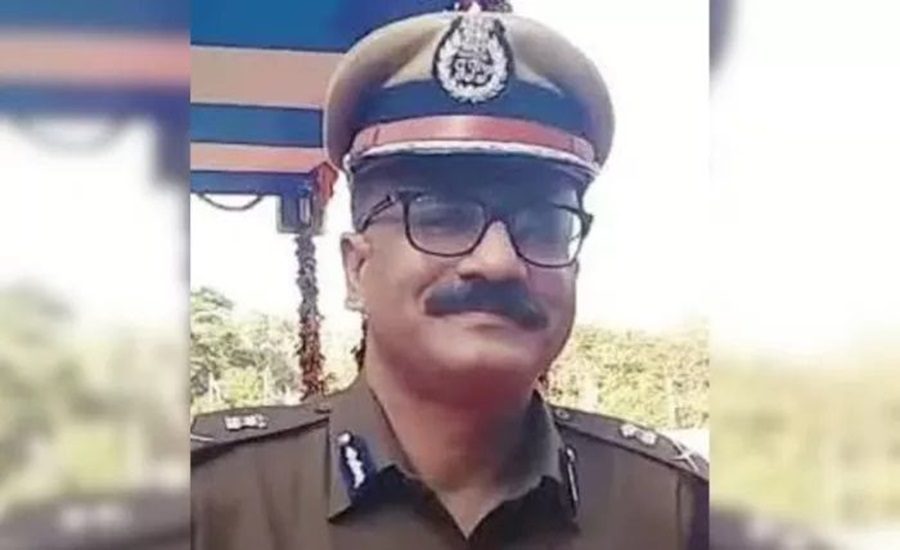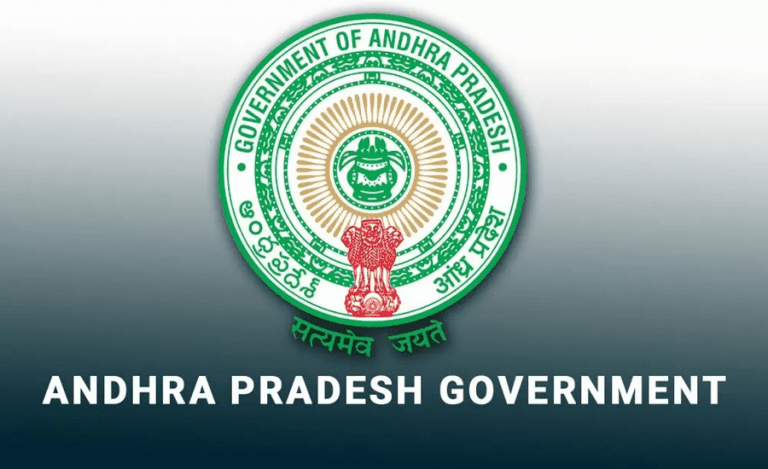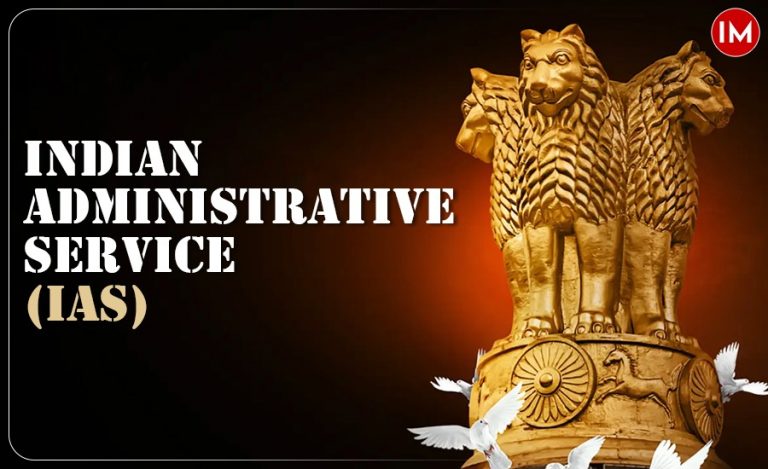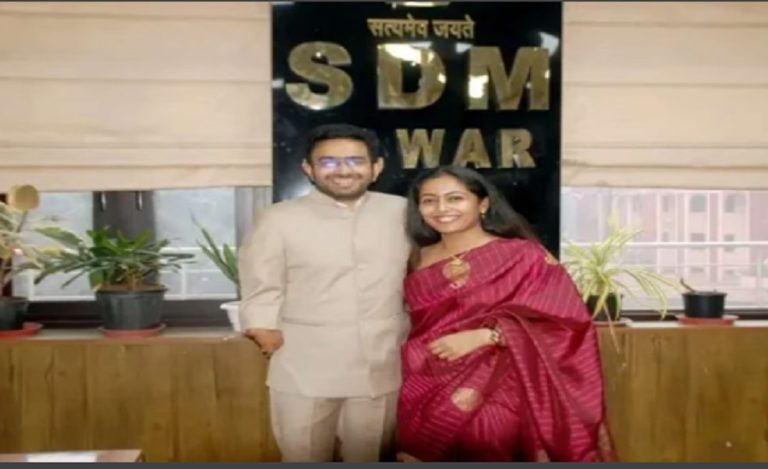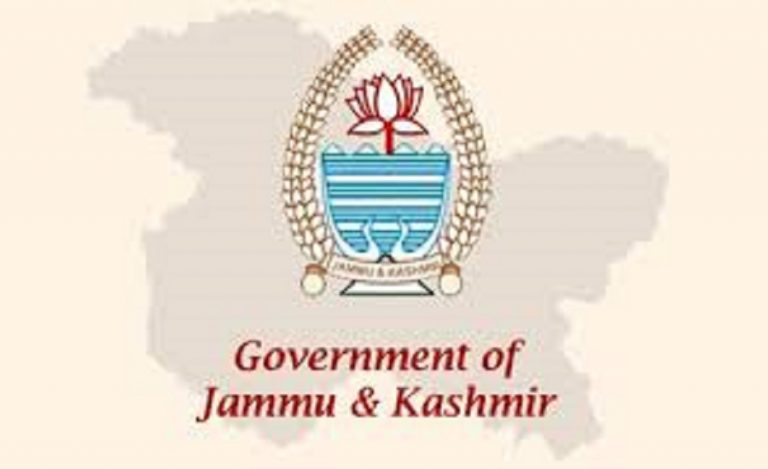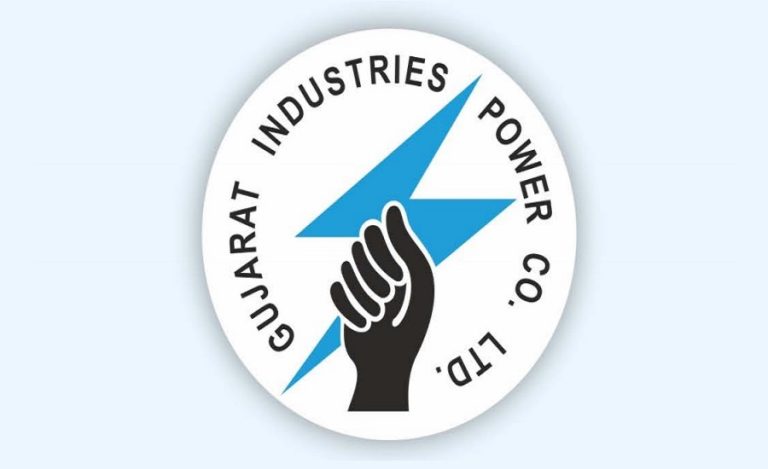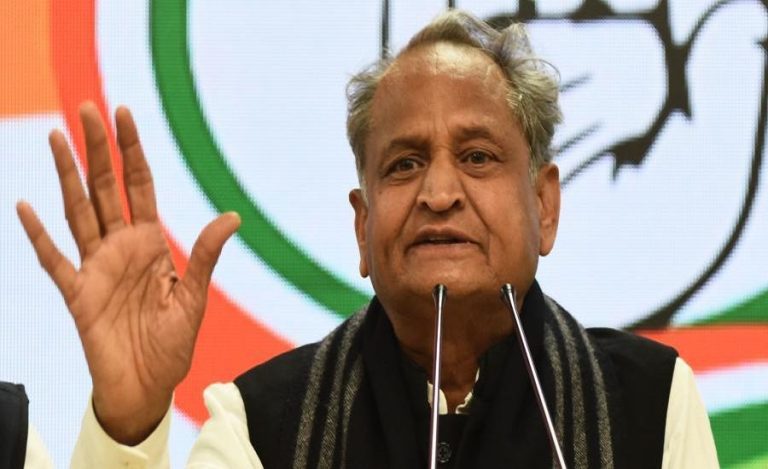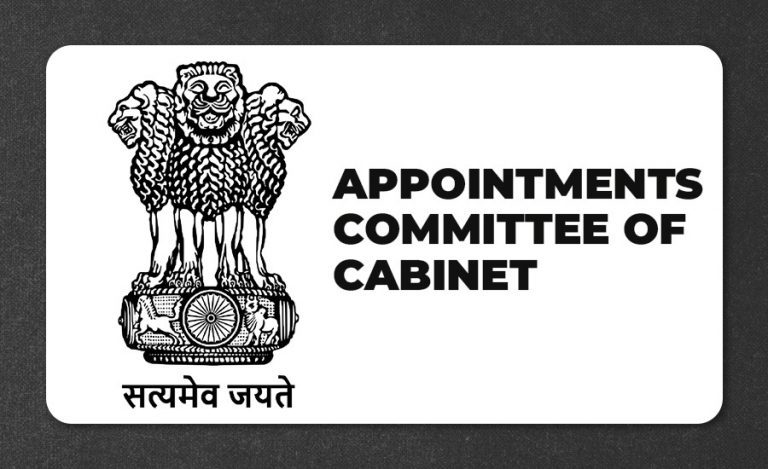New Delhi: The Supreme Court of India on Monday refused to entertain a contempt petition filed against the appointment of Jharkhand DGP Anurag Gupta (IPS:1990:JH), stating that the judiciary would not allow contempt jurisdiction to be used for political retribution.
A bench comprising Chief Justice BR Gavai, Justice K. Vinod Chandran, and Justice NV Anjaria directed the petitioners, including opposition leader Babulal Marandi, to approach the Central Administrative Tribunal (CAT) for service-related grievances.
Petition Alleged Violation of UPSC Guidelines and Prakash Singh Judgment
The petitioners contended that Gupta’s appointment as Director General of Police (DGP) in February 2025, and the extension of his tenure beyond April 2025 (his retirement month), violated the 2006 Prakash Singh judgment and relevant UPSC guidelines.
They argued that:
Gupta’s appointment bypassed the UPSC-recommended panel of senior IPS officers.
His extension beyond the age of 60 was not cleared by the Central Government, making it unlawful.
CJI Slams Use of Contempt Jurisdiction for Political Scores
CJI Gavai firmly stated:
“We will not allow the jurisdiction of contempt to be used for political revenge. Resolve political disputes in front of the voters.”
The bench emphasized that Public Interest Litigation (PIL) and contempt petitions are intended to serve the public good, especially for the disadvantaged and marginalized, not for settling personal or political disputes.
Court Highlights Misuse of DGP Appointment Procedures Across States
While refusing to admit the petition, the Supreme Court did express concern over a growing pattern among state governments of circumventing the Prakash Singh guidelines by appointing acting or temporary DGPs.
The court cited similar practices in states like Uttar Pradesh, noting that such appointments defeat the objective of ensuring fixed tenures and institutional integrity in police leadership.
Read also: DGP Tenure Dispute: SC to Examine Jharkhand Govt’s Stand on Anurag Gupta’s Appointment
Relief for Anurag Gupta, but Police Reforms Back in Focus
This decision brings temporary relief to DGP Anurag Gupta and the Jharkhand government. However, the controversy may reignite national discussions on police reforms, appointment transparency, and the autonomy of law enforcement agencies.
The matter is now likely to be pursued before the CAT, where service-related issues will be evaluated on administrative grounds.

